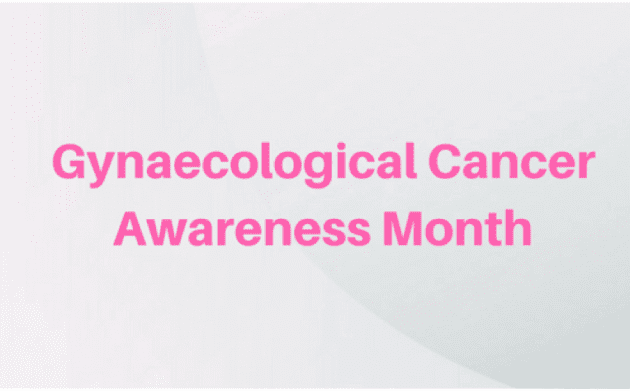
Symptoms Not to Ignore
Every year more than 21,000 women in the UK are diagnosed with a gynaecological cancer. Without sounding dramatic being aware of the symptoms and seeking help early could save your life. Here we outline the key ‘reg flag’ symptoms, if you do experience any it’s important not to panic, they may well be caused by something far less serious, however the only way to be certain is to see a doctor.
Abnormal bleeding/discharge
Any type of abnormal bleeding should be investigated but bleeding between periods, bleeding after intercourse or post menopausal bleeding could be a sign of cervical or uterine cancer and can occur with other gynaecological cancers as well. These symptoms should be investigated without delay.
Lumps, bumps & ulcers
Vulval cancers often present as lumps and bumps or ulcers which are easily felt without searching, so you may feel something unusual whilst going to the toilet or during daily activities such as walking and sitting. If your lump is persistent and won’t go away it’s time to get it checked out.
Persistent itching
Persistent itching ‘down below’ could be a sign of thrush but without the accompanying symptoms could be a pre-cancerous sign of vulval cancers. This may also present as tenderness of the vulva, pain or burning sensation.
Abdominal bloating / distention
We all have our days of feeling bloated, especially at certain times during our cycle, but if you feel constantly bloated or have tummy distention (where the tummy is visibly bigger) then this may be a sign of ovarian cancer. Some ladies with these symptoms describe that they can’t fit into their jeans or trousers but they haven’t noticed any weight gain, in fact there may be weight loss.
New onset of abdominal pain
As ladies we are all used to a bit of tummy pain, but after 45 a new onset of abdominal pain could be a sign of ovarian cancer and medical attention should be sought. Before the age of 45, abdominal pain is more likely to be far less sinister such as an infection or other gynaecological issue such as endometriosis which of course may also require a doctor.
If you are experiencing these symptoms contact your GP or book an appointment at London Gynaecology by calling our 24 hour phone line on 020 7101 1700.



